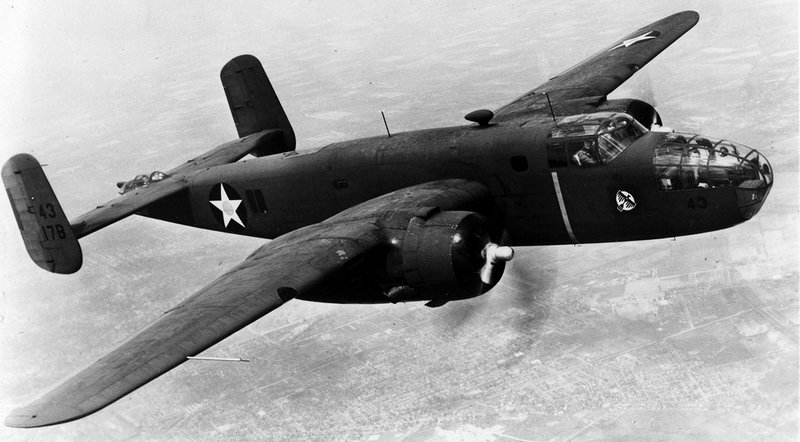People are often asked if they remember where they were on Sept. 11, 2001, when 19 militants associated with the Islamic extremist group al-Qaida hijacked four airplanes and carried out suicide attacks against targets in the United States. The attacks resulted in the deaths of 2,996 people and triggered major U.S. initiatives to combat terrorism.
Earlier generations of Americans were often asked if they remembered where they were on Dec. 7, 1941, when Japan launched a devastating surprise attack on Pearl Harbor, a U.S. naval base near Honolulu, Hawaii, which resulted in the deaths of 2,403 Americans. The next day, President Franklin D. Roosevelt asked Congress to declare war on Japan.
I remember where I was on 9/11--working at my then-place of employment in Little Rock, watching the events unfold on a television set in an adjacent area of my workplace. I was sickened by the carnage and, like so many other Americans who witnessed it, supportive of retaliatory measures. And on May 2, 2011, I cheered the news along with many of my countrymen when Osama bin Laden, the founder and first leader of al-Qaida, was killed by U.S. Special Forces in Pakistan.
My late father remembered where he was on Dec. 7, 1941--watching a movie in Lincoln, Neb., with fellow Army Air Corps mechanic trainees. When he and the others emerged from the movie and were informed of the news, they all asked, "Where's Pearl Harbor?"
My father had volunteered to join the Army Air Corps in December 1940. He wanted to fly and see the Pacific Northwest.
Little did he know that a little more than four months after Pearl Harbor, on April 18, 1942, 76 years ago, he and 79 other volunteers from all walks of life--both enlisted men and officers--would be involved in a top-secret mission to bomb Japan in retaliation for Pearl Harbor.
Despite its modest trappings--16 Mitchell B-25 medium-range bombers launched off the deck of the carrier USS Hornet--the mission would reverberate afterwards throughout the United States by raising morale, like the death of Osama bin Laden did for my generation, and ultimately help change the course of World War II.
The mission later became known as the Doolittle Raid after its leader, 45-year-old Lt. Col. James H. "Jimmy" Doolittle, the pilot of Crew No. 1 and a daredevil pilot in his younger days. The 16 B-25s dropped bombs on Tokyo and other designated Japanese cities, striking industrial facilities and a light cruiser.
The planes then flew on toward China, where they planned to land in areas controlled by Chinese Nationalists. But since the planes were forced to launch a day early after the task force carrying them was detected by Japanese picket boats, all but one of them ran out of fuel and crashed in China. The other landed in Vladivostok and was interned by the Soviets.
Most of the crews parachuted out into the darkness over China. Others, like my father's, Crew No. 7, crash-landed off the coast.
Three of the Raiders died in the crashes and eight were captured by the Japanese. Three of those were later executed by firing squad, and one died of malnutrition while in prison.
Doolittle, who parachuted from his plane along with the other members of his crew, located his crashed plane the next day in China along with a fellow crew member. He was depressed at the loss of the planes and thought he would be court-martialed. Instead, he was promoted two ranks to brigadier general and awarded the Congressional Medal of Honor by Roosevelt.
Today, only one Doolittle Raider remains, 102-year-old Lt. Col. Richard E. Cole, Doolittle's co-pilot.
As time has passed and thinned the ranks of the Raiders, it's important to remember what they and countless other members of the "Greatest Generation" did in helping the U.S. secure victory in WWII and maintain freedom during a dire time in our nation's history.
Never forget.
------------v------------
Jeff Thatcher, a professional communicator and longtime resident of Little Rock, is the son of late Doolittle Raider S. Sgt. David J. Thatcher and president of the Children of the Doolittle Raiders Inc., a group dedicated to keeping the legacy of the Doolittle Raiders alive.
Editorial on 04/18/2018
